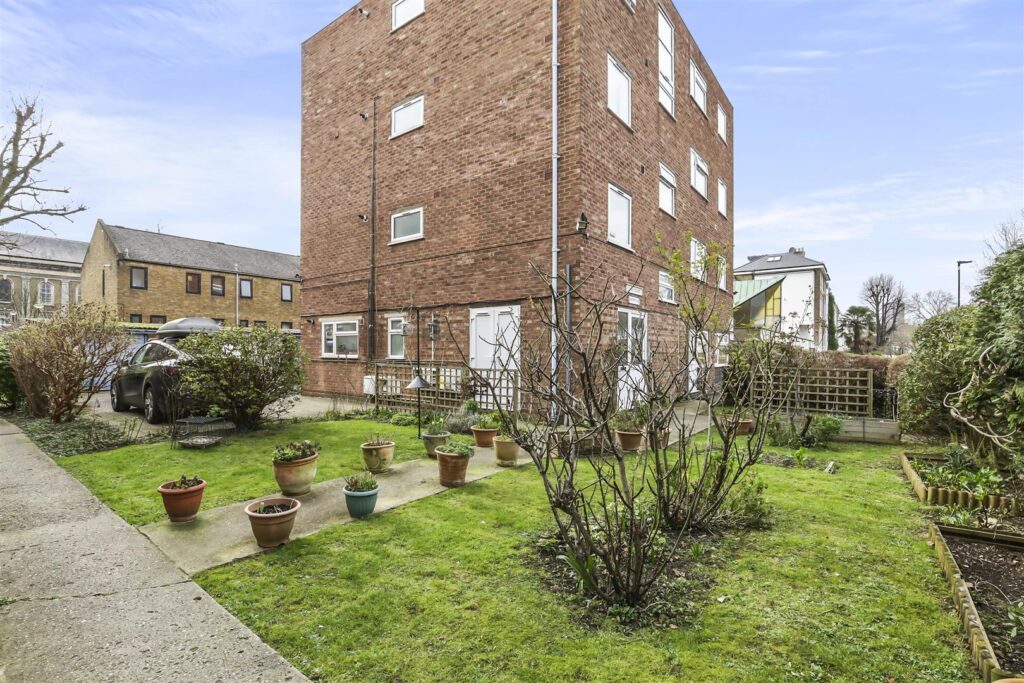What Every Leaseholder Should Know About Changing Block Management Agency
If you’ve been considering changing block management agency due to issues like poor communication or unexpected fees, you’re not alone.
For many leaseholders frustration with block management companies is becoming all too common. From delayed repairs to lack of communication and poor financial transparency, the reasons are varied but the solution might be simpler than you think.
If your building’s block management company isn’t delivering the service you expect, it might be time to make a change. At first glance, switching block management providers might seem like a daunting task. Legal terms, contract clauses, and resident consensus can muddy the waters. However, with the right information and guidance, the process can be much smoother. Here’s everything you need to know about how to change your block management agency with confidence.

Step 1: Know When It’s Time to Switch
Not all managing agents are created equal. If your current agency is unresponsive, mismanaging service charge funds, neglecting maintenance, or failing to provide transparent communication, it may be time to take action.
But before making any moves, carefully review your existing management agreement. Check for termination clauses—some contracts require a valid reason for ending the agreement, while others allow you to exit without cause. If a cause is required, the contract should clearly define what qualifies, such as breach of duties or failure to meet service standards.
Step 2: Identify Any Breach of Contract
Changing block management agency can feel daunting, but by reviewing your contract and identifying any breaches, you’ll be in a stronger position to move forward. Being clear on your rights and obligations ensures that the transition is as smooth as possible.
If your block manager has breached the agreement, this can serve as your grounds for termination. A breach might include:
– failure to carry out repairs
– mishandling funds
– not adhering to statutory obligations
Review your agreement and identify the specific clause(s) violated. Gather evidence—emails, photos, invoices, or complaints—to support your case. This documentation will be crucial if the termination is contested or needs to be escalated.
Step 3: Check the notice period
Most block management contracts specify a notice period, typically between 30 and 90 days. Failing to respect this period could result in your termination notice being invalid – or worse, put you in breach of contract. Mark the deadline on your calendar and make sure to send notice in accordance with the terms.

Step 4: Serve written notice (with proof!)
When you’re ready to notify the current managing agent, make sure you do it in writing—never just via email. Send your notice by recorded post or another trackable method. Clearly state the date the termination will take effect, and outline your reasons for ending the agreement. This ensures there’s a documented paper trail and helps avoid potential disputes down the line.
Step 5: Request confirmation
Once the agent receives your termination notice, they should provide written confirmation stating when their management duties will officially end. Hold onto this letter – it’s another important piece of your documentation and proof that the process is moving forward properly.
Step 6: Keep leaseholders in the loop
It’s good practice (and often essential) to inform leaseholders in the building about the change in management. Transparency helps reduce confusion and ensures everyone knows who to contact during the transition. Some outgoing managing agents may send out this notification on your behalf, but it’s wise to follow up and ensure it’s been done.

Step 7: Handover of funds and documentation
During the final handover, the outgoing managing agent must transfer any remaining funds not already allocated for future expenses. A full financial statement should accompany this handover, along with all necessary paperwork and records stipulated in the original agreement. Unless another timeframe has been agreed upon, these funds should be transferred within three months.
Your Three Main Options for Changing Property Management
Now that you understand the steps involved, let’s look at the three main routes you can take if you want to pursue changing your block management agency:
1. Apply to a Tribunal for a New Manager
If your managing agent has seriously underperformed, you may be able to ask a First-Tier Tribunal to appoint a new manager. To do this, you must serve a Section 22 notice to your landlord, giving them the opportunity to address your concerns. If nothing improves, you can present your case to the tribunal, showing evidence of mismanagement or breach of codes of practice.
2. Exercise Your Right to Manage (RTM)
This is a popular route for leaseholders of flats. The Right to Manage allows you to take control of the building’s management—without proving mismanagement or wrongdoing. All that’s required is forming an RTM company and meeting certain criteria regarding the building and the proportion of participating leaseholders. Once formal notice is given to the landlord and the process is successfully completed, you can appoint your own management company—or self-manage.
3. Set Up a Recognised Residents’ Association
A Residents’ Association is a collective of leaseholders who come together to represent their interests. When officially recognised, the association gains greater power in negotiations with landlords and can push for management changes. Recognition can be granted either by the landlord or via a Rent Assessment Committee certificate. A united voice often makes all the difference when it comes to resolving long-standing issues.
Changing your block management company doesn’t have to be a nightmare. With careful planning, clear communication, and an understanding of your rights, you can take control of your building’s management and improve the quality of life for everyone involved. Whether you opt for a tribunal, Right to Manage, or a Residents’ Association, help is available every step of the way.
If you’re considering a switch, we’re here to help. Our local expertise and experience with leaseholders, RTMs, and RMCs means we can guide you through the process smoothly and efficiently.
Contact us:
Brompton Block Management, 85 Stroud Green Road, London, N4 3EG
Article & images by Barefaced Studios
You might also want to read other useful blog articles by clicking here.
_________________________________________________________________________
Please note that all content contained within our website is for informational purposes only. You should not construe any such information or other material as legal, tax, investment, financial, or other advice. All Content on this site is information of a general nature and does not address the circumstances of any particular individual or entity. We advise seeking professional advice from a legal, financial, or other professional.

 Changing Block Management: What You Need to Know
Changing Block Management: What You Need to Know  The Essential Maintenance Checklist Every Flat Owner Needs
The Essential Maintenance Checklist Every Flat Owner Needs 
